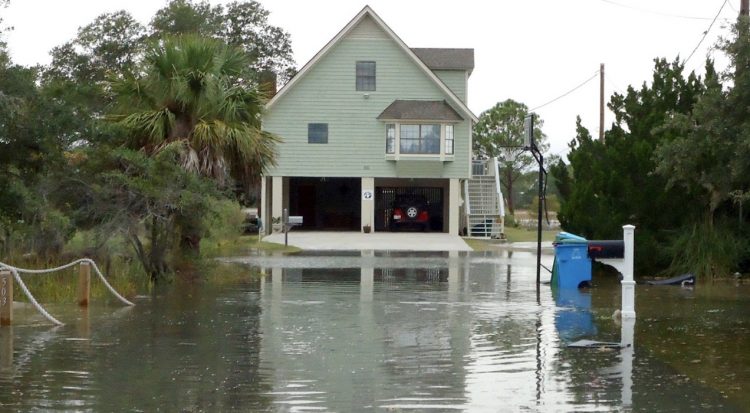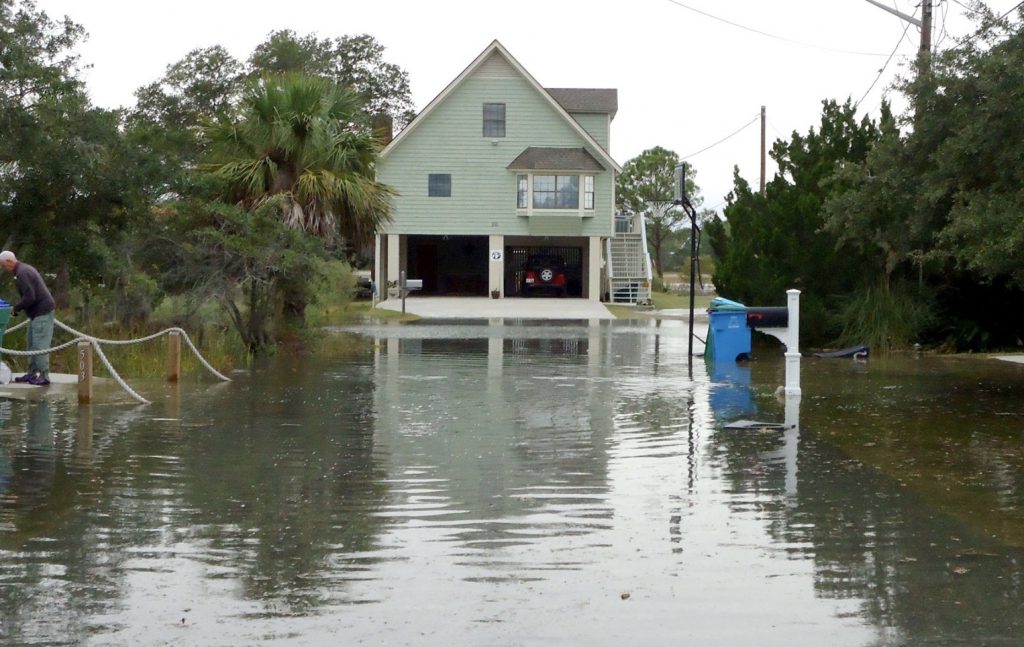Environment
Short Takes
Georgia’s new data center rule increases local controlDecember 1, 2025

By David Pendered
Nov. 23 – COP27 marks the start of a role for cities to fight climate change. The mayor of Des Moines, Iowa is at the center of the effort.
The initiative – SURGe, Sustainable Urban Resilience for the Next Generation – was unveiled in advance of the climate talks that concluded this weekend in Egypt. SURGe provides a platform for cities and regions to focus on five tracks: Buildings and housing; urban energy; urban waste/consumption; urban mobility and urban water, according to a statement released Sept. 14 by United Nation’s Human Settlements Program.

Until this new initiative was unveiled, the Paris Climate Accord’s efforts to curb global warming have focused on the big picture – steps the industrialized countries can take to halt warming, and to reduce carbon emissions and other pollutants. The media has followed suit and focused on big initiatives that offer big solutions.
This year the big solution was adopted the last day of the extended meeting. The group adopted a “loss and damage” package that has lingered on the table for years. Richer countries agreed to help fund relief from climate disasters in poorer countries, according to a UN statement.
Meantime, the international spotlight has yet to shine on Des Moines Mayor Frank Cownie. He’s at the center of the new initiative because he serves as president of the international organization that worked in conjunction with UN-Habitat to establish SURGe. Cownie leads the ICLEI – Local Governments for Sustainability, which describes itself as a global network affiliated with more than 2,500 local and regional governments that are “committed to sustainable urban development.”
Cownie is a native of Des Moines who was first elected in 2003 to the non-partisan post of mayor. He operates his family’s fur business, according to his biography on ballotpedia.org. The SURGe mission statement makes clear the sponsors’ reasons for bringing cities formally into the Paris Climate Accords:
The document goes on to observe:
Also at COP27, John Kerry and Michael Bloomberg announced a new program that comports with the new UN initiative. They unveiled SCALE, the Subnational Climate Action Leaders’ Exchange. The program is to “help cities, states and regions reach net zero and strengthen their climate resilience,” according to a statement released by the US Embassy in Egypt. SCALE has an initial budget of up to $3 million, with $1.5 million from Bloomberg and $1.5 million the State Department intends to request from Congress, according to a statement released by the State Department.
Kerry serves as President Biden’s special envoy for climate. Bloomberg is the co-founder and majority owner of Bloomberg L.P. Bloomberg withdrew from the 2020 presidential campaign and supported Hillary Clinton in the 2016 campaign against Donald Trump.

0